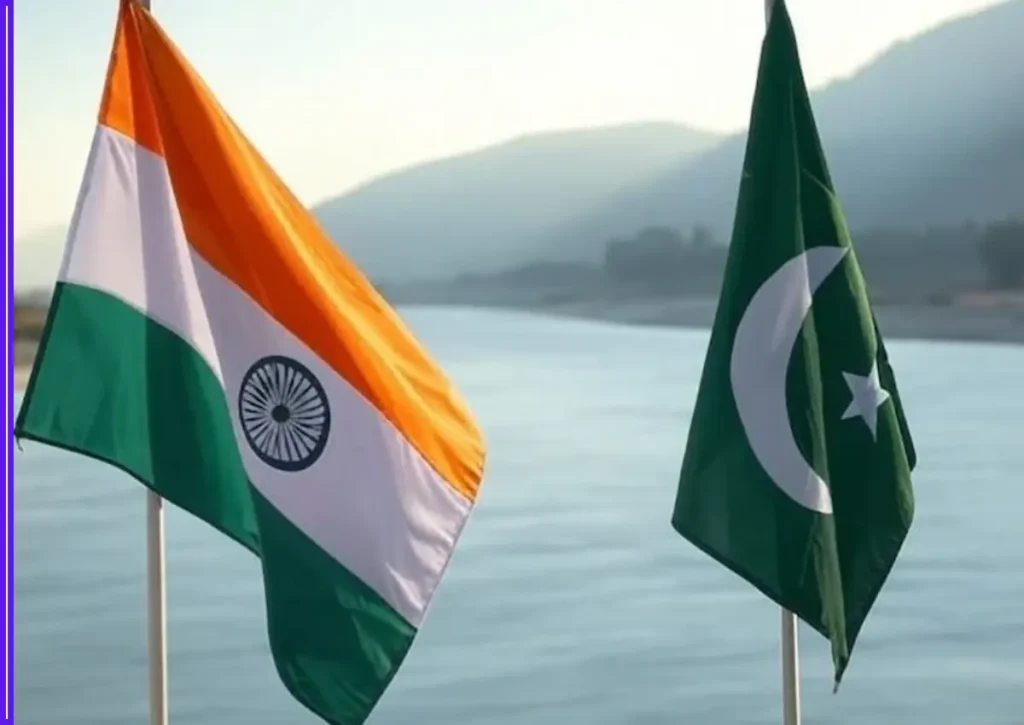In the aftermath of a horrific terrorist attack in Pahalgam, Kashmir that claimed the lives of 26 Indian tourists on April 22, 2025, the long-simmering tensions between India and Pakistan have reached a boiling point. The events have spiraled beyond the borders of conflict zones, shaking the very foundations of diplomatic and trade relations between the two nuclear-armed neighbors.

India’s Swift and Strong Response
India, pointing the finger at Pakistan-based militant groups, has wasted no time in retaliating. Within days of the attack, New Delhi announced a full-fledged ban on imports from Pakistan. In a decisive move, it also barred Pakistani ships from entering Indian ports, cutting off a significant commercial link.
This isn’t just about trade—it’s a signal. India is tightening the screws on every level. Perhaps the most historic decision came with the suspension of the Indus Waters Treaty, a 64-year-old agreement considered a rare pillar of cooperation between the two countries. Never before has India officially walked away from this treaty, and this step signals how gravely it views the attack.
India also took diplomatic steps—expelling Pakistani diplomats, suspending visa processing for Pakistani citizens, and shutting down the Wagah-Atari border crossing. These measures have left no doubt: India is not just reacting emotionally but recalibrating its entire approach to Pakistan.
Pakistan Hits Back—Hard
Islamabad, in response, has matched India’s posture tit-for-tat. All trade routes with India are now closed, and Pakistan has denied Indian aircraft access to its airspace—jeopardizing aviation routes and escalating the economic stakes.
In a move that stirred international concern, Pakistan also tested the Abdali surface-to-surface ballistic missile, just days after the diplomatic fallout began. While officials called it a routine test, the timing suggests otherwise—it was a statement of readiness in a climate that’s growing more militarized by the hour.
Adding to the gravity, Pakistan has suspended the 1972 Shimla Agreement, the framework that commits both nations to resolving disputes through bilateral dialogue. With this move, the last official diplomatic bridge seems to be crumbling.
A Dangerous Turning Point
This isn’t the first time tensions have flared between India and Pakistan—but this time, there’s a chilling difference. Long-standing treaties are being suspended. Port access is blocked. Trade routes are frozen. Missiles are being tested. The infrastructure that previously acted as a buffer against full-blown confrontation is being dismantled piece by piece.
India’s moves suggest a broader strategic shift—away from diplomacy, and toward isolation and deterrence. Pakistan’s countermeasures indicate it won’t back down either. What we’re witnessing may be the beginning of a new phase in India-Pakistan relations—one that relies less on dialogue and more on demonstration of strength.
Global Repercussions
The international community is watching with growing unease. Both the Indus Waters Treaty and Shimla Agreement were cornerstones of regional stability. Their suspension is not just symbolic—it affects millions of lives across borders, from farmers relying on river waters to families separated by travel bans.
What Lies Ahead?
The real question now is: Will this spiral stop before it becomes uncontrollable? As economic retaliation escalates and military posturing intensifies, the diplomatic space for resolution is shrinking fast. For both countries, and indeed for the South Asian region, what’s at stake is not just national pride—but peace, stability, and the safety of millions.





